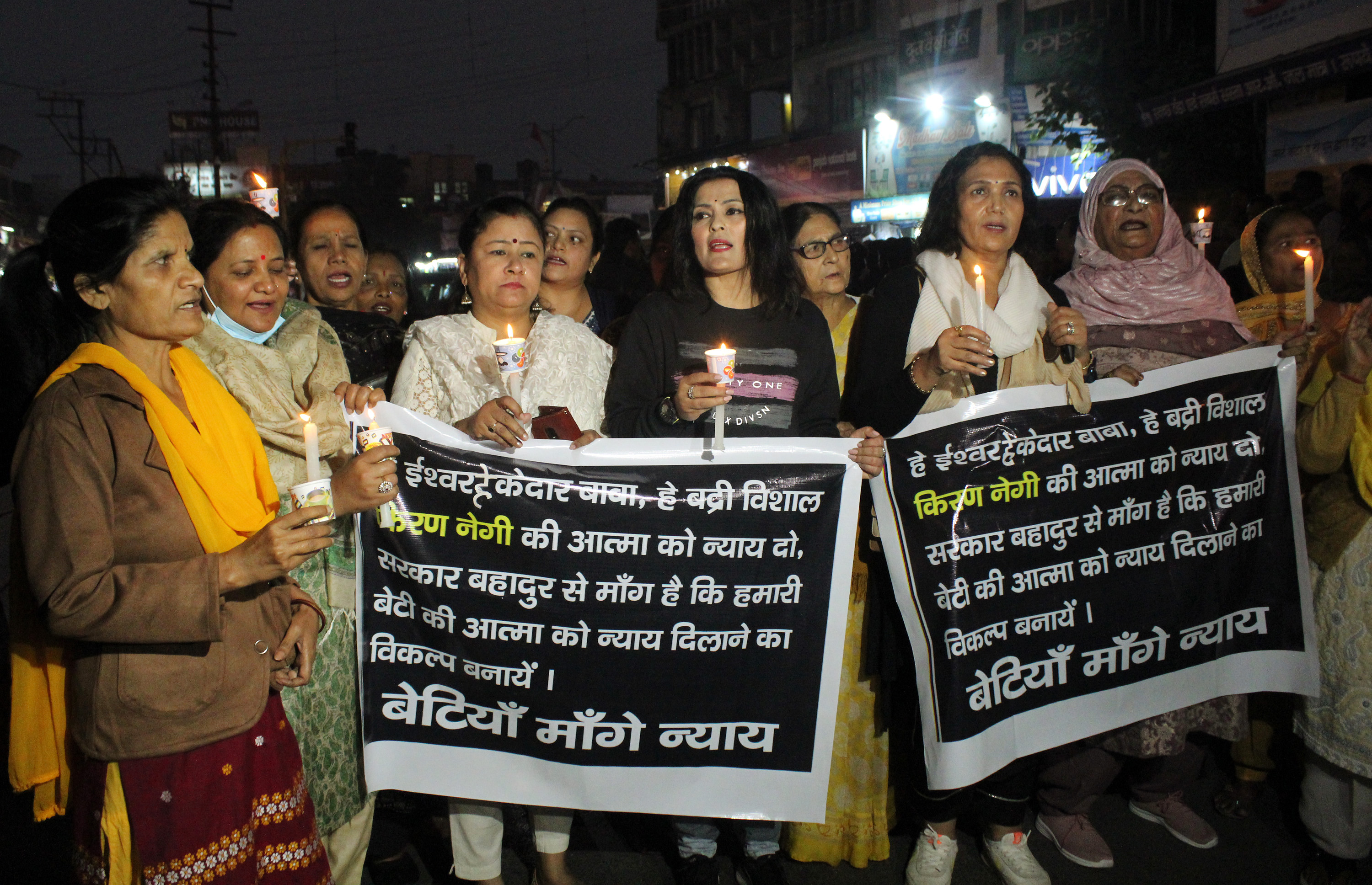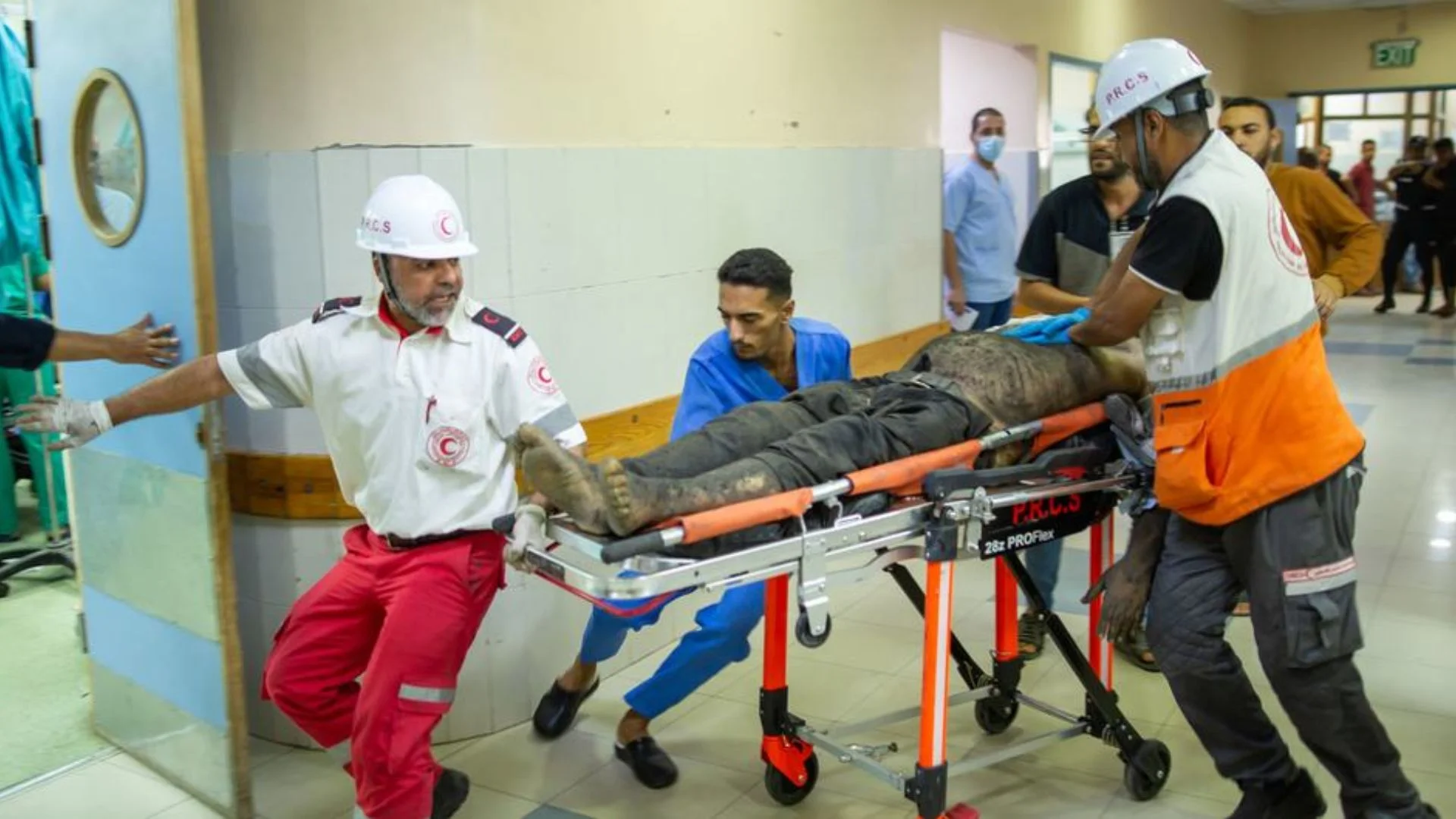Kiran Negi’s recent case brings to light the sodomy, the hatred, and the urgent need that we have as a nation to address the topic of gender violence. This continues to raise their ugly hood regularly. Each incident is more gruesome than the previous one.
Kiran Negi was walking on the streets of Delhi when a car stopped and pulled her in, took her to a deserted area, gang raped her, and then murdered her. The case is still under judicial investigation. The Supreme Court has not yet arrived at a decision about giving the appropriate punishment to the rapists and the criminals.
Women across the country are enraged by the lack of immediate action. Most women demand that a timely decision be taken against such criminals. Many women feel that the only way to stop rapists is to give them the death penalty.
What is the cause of such hatred and uncontrolled anger that some men harbour against women? One can’t find a definitive answer. But the truth is, it starts in the very early years of growing up for a man.
Some answers can be found in the homes of these perpetrators. Most were raised in hostile and patriarchal environments. So they learn early on to punish the physically weaker one in the family and also resort to violence within their social interactions.
In these homes, mothers or sisters do not raise their voice against violence meted out to them. The children naturally imbibe these behaviour patterns when they are accosted, angry, or are pushed against the wall. They believe that as men, they are not accountable or responsible to any given social conduct.
Rape cases continue unabated in India. Almost every week, we discover another heinous rape case to add to the list. According to NCRB data, India reported an average of 86 rapes per day and 49 crimes against women per hour in 2022. However, many go unreported, due to the lack of support and the honour attached to a woman’s hymen. Hide the crime, is the attitude.
In states like Haryana, men outnumber women. To ensure the continuation of communities, many Haryanvi men marry girls from other states. These girls are always sold for a high price. Most come from poor backgrounds, and they don’t have any voice in the new spaces they inhabit. The bought women find themselves in places outside their comfort zone in terms of language, ethnicity and food habits. They are socially isolated in the given situation.
According to the National Crime Records Bureau (NCRB) report, there were a total of 8,132 cases of human trafficking reported from across the country. There were 6,877 cases reported in 2015. Of the total 15,379 victims in these cases, 9,034 (58%) were below the age of 18 years this year.
There is a community in the districts of Neemach, Ratlam in Madhya Pradesh where the father and the older brothers initiate their daughters and sisters, as young as 10 or 11, to become the sole breadwinners of the family via prostitution. These little girls are forced to have sex with truck drivers passing through the villages for a pittance of Rs 100/-. The girl often has to entertain around 10 to 11 customers per day.
What leaves one baffled is that the state does have slogans of “Beti Bachao and Beti Padhao” schemes, but it leaves one wondering, as to what stops them from making more stringent laws against this malpractice in the 75 districts of Madhya Pradesh?
These stories are glaringly inhumane. It also helps us understand that gender violence is far more complex and tangled than what meets the eye.
When women are violated on a regular basis, it is found that the young minds of these little girls have been brainwashed into believing that there is nothing wrong in selling their bodies. It is only after many years, when the return to a normal life is impossible, that the girls find themselves alone in an unaccepting environment.
Indian women cannot forget Nirbhaya, in the years to come. But it appears that there are many Nirbhayas who cannot fight the system and have fallen prey to the uncontrolled lust and anger of men.
Revati Laul, activist and author of the book Anatomy Of Hate, a book on the Gujarat riots, said, “Suresh, the protagonist in my book, extracted the foetuses of women and boasted in public that he had pulverised the flesh of the women until it was pickled, much like Bilkis Bano’s rapists and murderers who were set free on Azadi Ki Amrit Mahostsav, he was also set free. «
The reports are alarming of the gender violence. Time and again, it proves that women still have a long way ahead to be treated as an equal in the eyes of society.
Mohua Chinappa is an author and a podcaster of a show called The Mohua Show.







